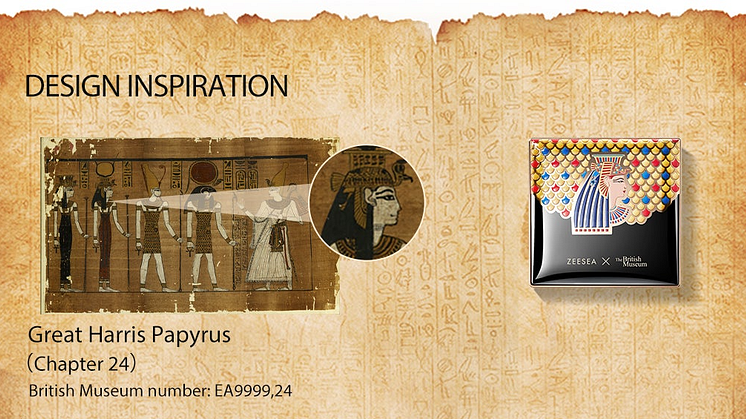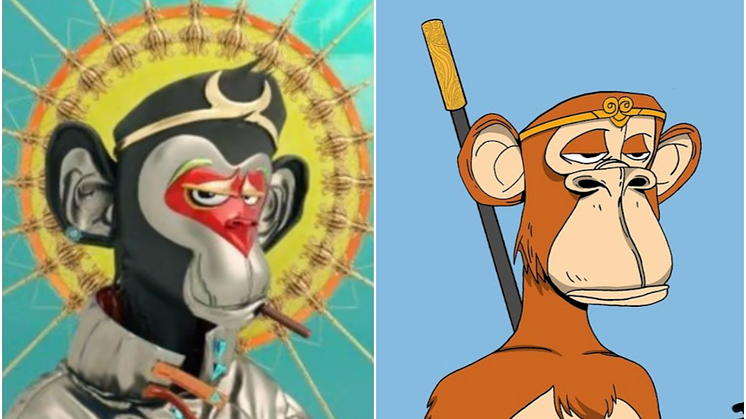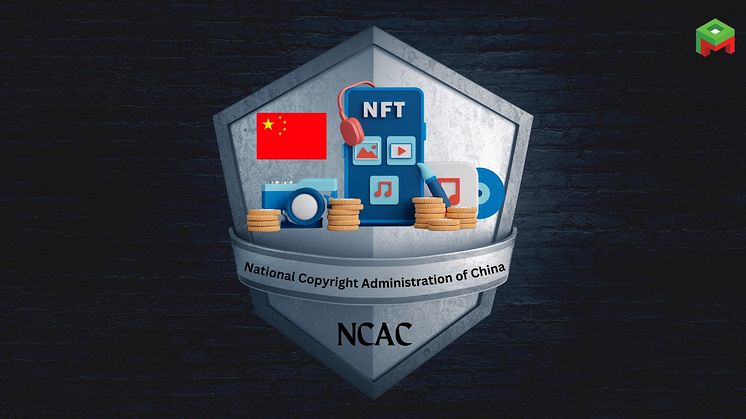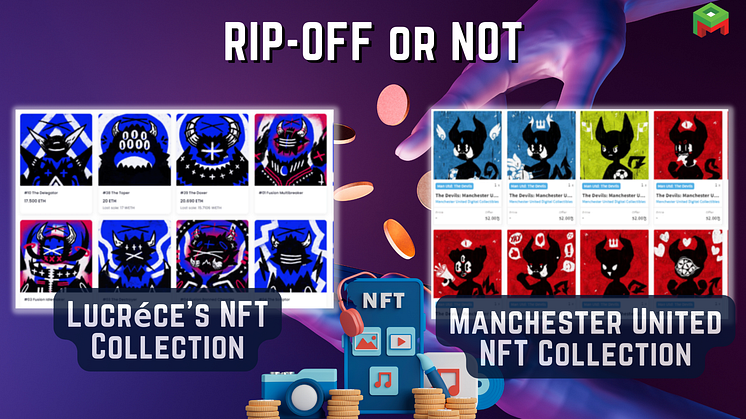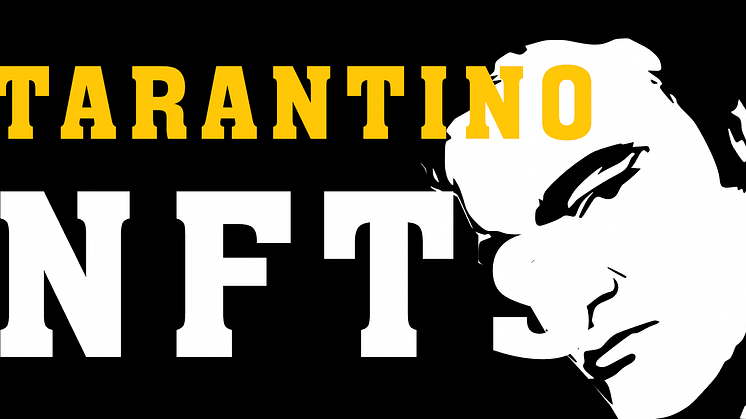
News -
Tarantino’s controversial Pulp Fiction NFTs offer a glimpse of entertainment’s future
When it was released in 1994, Pulp Fiction was lauded for its innovative breaking of the chronological order, its distinctive dialogue, and for break-out performances from Uma Thurman, Samuel L. Jackson, and John Travolta. It was one of the movies that propelled the 1990s wave of indie cinema, and its writer-director Quentin Tarantino became one of Hollywood’s most celebrated auteurs.
And it looks like Pulp Fiction is not done making waves, even 27 years after its debut. A recent attempt by Tarantino to auction off non-fungible tokens (NFTs) associated with the film has sparked a debate about who gets to profit from this new technology, and what it means for the future of the entertainment industry. Here’s a breakdown of the controversy.
First things first: what are NFTs?
To answer that question, we have to start with understanding blockchains — these are digital ledgers comprising cryptographically linked data, copies of which are stored across a peer-to-peer decentralised computer network.
NFTs are an example of cryptographic assets that can be stored on blockchain. Unlike cryptocurrencies, each unit of which is identical (and hence fungible), each NFT has unique identification codes and metadata. That is what makes NFTs non-fungible.
Because each NFT is unique, it can be used to represent the ownership of unique real-world items, such as artworks. Ownership of such an NFT functions much like the possession of a certificate that verifies one’s ownership of a painting.
What are Tarantino’s Pulp Fiction NFTs?
So, what will a buyer of Tarantino’s Pulp Fiction NFTs actually own? For starters, they certainly will not own the movie, which is owned by Miramax, the studio that produced it.
Rather, the writer-director’s planned NFT collection would allow buyers to own some scenes from his handwritten screenplay of Pulp Fiction, including scenes that did not make it into the final movie. According to this project’s official website, “each NFT consists of a single iconic scene, including personalized audio commentary from Quentin Tarantino”. The owners of these NFTs can choose whether they want to keep these exclusive insights to themselves, or share it with others.
Is Tarantino allowed to do this?
That is the critical question at hand. The answer is eagerly anticipated by all of Hollywood, because it has significant implications for intellectual property ownership and thus the monetisation of said IP. And the tricky thing is, there are no clear-cut answers.
Miramax’s original 1993 contract with Tarantino regarding Pulp Fiction gives the studio ownership over the movie and over related items such as characters and merchandise. But it does not mention NFTs, since that technology was not on most people’s radars at the time.
Furthermore, in that contract, Tarantino retained the rights to “soundtrack album, music publishing, live performance, print publication (including, without limitation, screenplay publication, ‘making of’ books, comic books and novelization, in audio and electronic formats as well, as applicable), interactive media, theatrical and television sequel and remake rights, and television series and spinoff rights”.
Tarantino’s lawyer has thus stated that the writer-director’s NFT initiative is within his rights.
Miramax, on the other hand, disagrees, and has initiated a lawsuit to “enforce, preserve, and protect its contractual and intellectual property rights relating to one of Miramax’s most iconic and valuable film properties”. The studio asserts that it holds the rights to develop, market, and sell NFTs related to its film library.
One of Miramax's arguments is that Tarantino’s reserved right to screenplay publication does not cover the planned NFTs, because a restricted sale of a few script pages to a small number of buyers is not considered publication.
Law professors Kal Raustiala and Chris Sprigman believe the studio has a weak case. In a commentary published in The Hollywood Reporter, they explain that this is because buyers of Tarantino’s NFTs are allowed to share all the exclusive information they gain ownership to, with as many people as they wish.
In its suit, Miramax also claims that Tarantino’s NFTs could mislead people into believing the studio is involved in this venture. That position can be tricky for the studio to defend, say Raustiala and Sprigman, since the NFTs in question are branded as “Tarantino NFTs”, and a simple website disclaimer could easily clarify that the project is not associated with Miramax.
What’s at stake?
“Who can ‘mint’ NFTs related to an existing film or TV series — and what aspects can be minted — is a frontier rights question for the entertainment industry,” write Raustiala and Sprigman. How this Pulp Fiction question is settled in court could thus have far-reaching implications for creatives and studios, not just in Hollywood but all over the world.
While we await the verdict, it certainly looks like the once-legendary creative partnership between Tarantino and Miramax has taken a turn for the worse, with lawyers for both sides using words like “ham-fisted” and “greedy” to make their case. It’s a surprise ending that could have rendered even the hyper-verbal protagonists of Pulp Fiction at a loss for words.
PitchMark helps innovators deter idea theft, so that clients get the idea but don't take it. Visit PitchMark.net and register for free as a PitchMark member today.



